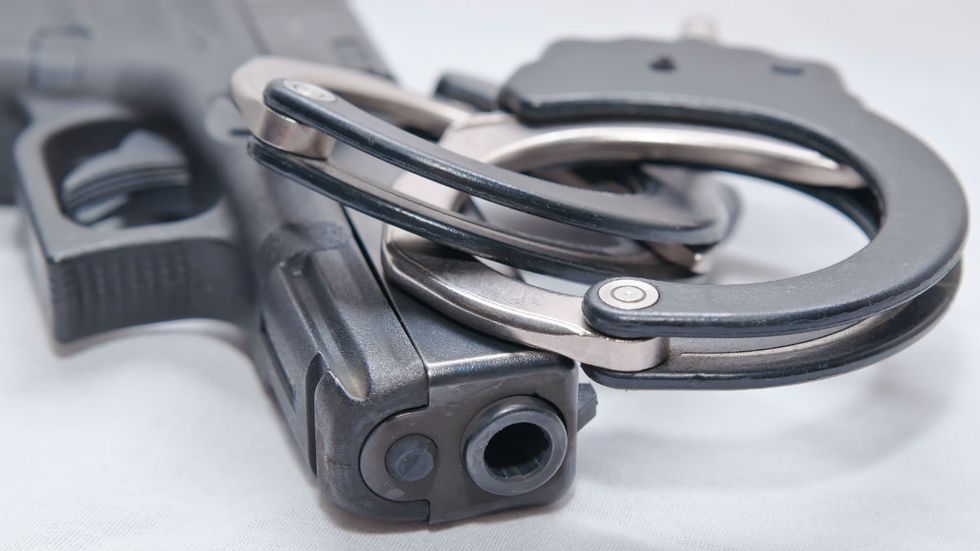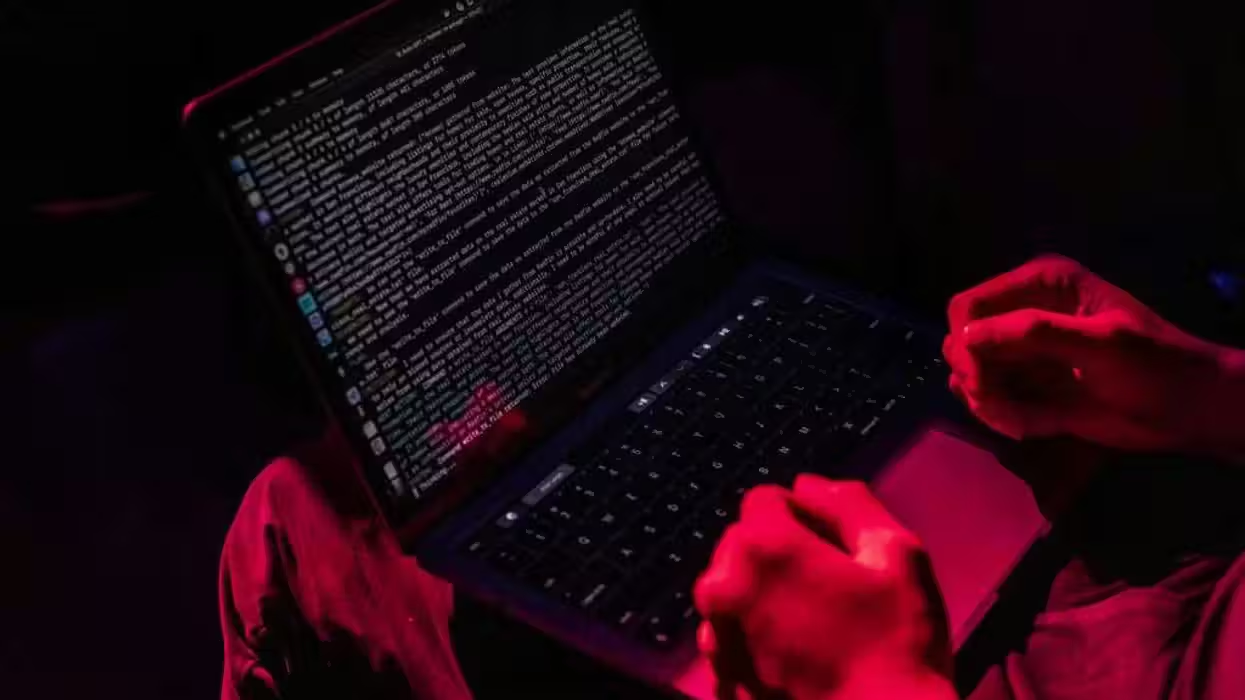
© 2026 Blaze Media LLC. All rights reserved.
Nobody wants clearly dangerous people to have guns, but new confiscation laws in anti-gun states are dangerous for gun owners, law enforcement, and the Bill of Rights.
On Tuesday, the Senate Judiciary Committee held a hearing titled “Red Flag Laws: Examining Guidelines for State Action.” Red flag laws, also called Extreme Risk Protection Orders or ERPOs, seek to identify dangerous people before they commit violent crimes and remove their access to firearms. Reports can be filed about a potentially dangerous person, whose Second Amendment right to own a gun can then be removed with very little process.
As of last month, 14 states have laws on the books empowering judges to issue red flag orders. While some have existed for a while, these laws became more popular at the state level following the 2018 Parkland shooting in Broward County, Florida, partly because of the clear warning signs that the murderer gave leading up to the attack and the tips that were fumbled by federal law enforcement.
Nobody wants people who are clearly dangerous to themselves and the public to have firearms. That’s why a lot of people own firearms themselves. So the impetus to take guns away from would-be mass shooters is at least an understandable one.
Additionally, such laws have been intended to cut firearm suicide rates in some states. However, taking away a gun merely removes a means of committing suicide. If a person is intent on killing himself and doesn’t get the help he needs, there are other ways it can be done.
But where’s the line clearly showing it’s OK to take away a person’s constitutional right?
“While the idea for these laws is reasonable, some statutes are not,” Independent Institute Research Director Dave Kopel pointed out in his testimony to the committee. “They destroy due process of law, endanger law enforcement and the public, and can be handy tools for stalkers and abusers to disarm the innocent victims.”
Kopel explained that while some state laws stipulate that only law enforcement can bring a red flag petition to a judge, newer versions allow petitions to be brought by “spurned dating partners or relationships from long ago.”
Another big due process problem with some of these statutes is that confiscation orders can be issued ex parte under some state laws, which means that they can be issued when a judge only hears one side of the story and the target of the petition is not permitted to defend himself.
Michael Hammond, legislative counsel for Gun Owners of America, describes these laws as allowing “police to convene a Kafkaesque secret proceeding, in which an American can be stripped of his or her gun rights and Fourth Amendment rights, even though gun owners are barred from participating in the hearings or arguing their side of the dispute.”
People affected by confiscation orders can typically petition to get their guns back after the fact, but even if they’re successful in doing so, they were still deprived of a constitutional right without even being able to confront their accusers. And when some states allow ex-dating partners to bring petitions without any sort of investigation and without giving people a chance to defend themselves, that’s just an outright mockery of the Fifth Amendment.
“If the Constitution can be suspended in a secret hearing, where does this lead?” Hammond writes. “What if this newspaper could be shut down for 21 days without due process — based on a secret complaint?”
Then there’s a practical public safety concern that stems from laws like this. It’s just one reason that sheriffs in several states don’t want to enforce these orders: When you take people’s rights away without giving them a chance to even show up in court and defend themselves, they might react adversely, endangering both law enforcement and the gun owners. Several law enforcement officials in Colorado have recently said that they will not enforce the state’s proposed red flag legislation if it becomes law.
Under the newer model for these laws being pushed by gun control organizations, Kopel explains, confiscation orders trigger “automatic, no-notice, surprise confiscation.” This system already claimed the life of a 61-year-old Maryland man last year after the cops showed up for a surprise confiscation just after five in the morning.
The impulse to take guns away from people who pose a clear threat to public safety is understandable. And taking Second Amendment rights away from people for non-criminal reasons is already on the books. Someone who has been adjudicated “as a mental defective” or involuntarily committed to a mental institution can’t buy a gun. But those situations, too, require due process of law.
And understandable impulses can easily be twisted for tyrannical ends, especially when one side of the debate has an overriding, unsatisfied desire for draconian gun control.
This is why we have the Bill of Rights: It not only protects our right to keep and bear arms, but also our right to due process of law so that our life, liberty, and property can’t be taken from anyone by mere government whim or fiat … or by the lone testimony of anybody with a grudge.
#mc_embed_signup{background:#fff; clear:left; font:14px}
/* Add your own MailChimp form style overrides in your site stylesheet or in this style block.
We recommend moving this block and the preceding CSS link to the HEAD of your HTML file. */
Want to leave a tip?
We answer to you. Help keep our content free of advertisers and big tech censorship by leaving a tip today.
Want to join the conversation?
Already a subscriber?
more stories
Sign up for the Blaze newsletter
By signing up, you agree to our Privacy Policy and Terms of Use, and agree to receive content that may sometimes include advertisements. You may opt out at any time.
Related Content
© 2026 Blaze Media LLC. All rights reserved.
Get the stories that matter most delivered directly to your inbox.
By signing up, you agree to our Privacy Policy and Terms of Use, and agree to receive content that may sometimes include advertisements. You may opt out at any time.






